Conflict Resolution Skills in the Workplace: Turning Tension into Teamwork
Great leaders are those who can address differences in opinion while recognizing the contributions of every team member. Yet in many workplaces, conflict is often viewed negatively—as something that breeds tension and weakens relationships—and is typically avoided.
But conflict doesn’t have to be destructive. When approached constructively, it can foster growth, innovation, and collaboration. Diverse teams are bound to have differing perspectives, and the ability to navigate these differences is what sets effective leaders apart.
Harnessing conflict as a tool is a leadership skill in itself. The goal is not to eliminate conflict, but to encourage productive conflict—the kind that challenges assumptions, surfaces hidden issues, and promotes open dialogue—while avoiding escalation into unresolvable disputes or deep divisions.
Here are key strategies to turn workplace conflict into a driver for teamwork and progress:
Active Listening
Introduced by psychologists Carl Rogers and Richard Farson, active listening emphasizes empathy and nonjudgment. It involves creating a supportive space where all parties feel heard, which paves the way for meaningful resolution.
Nonviolent Communication
Rooted in humanistic psychology and nonviolence principles, this approach focuses on using constructive, respectful language. It encourages positive reinforcement and avoids words that could harm or alienate others.
Collaboration
Moving from competition to co-creation ensures that all voices are valued and solutions are more sustainable. It is often helpful to reframe the situation, not as two opposing sides, but as a group working together toward a shared solution.
Conflict Mapping
Used by peace and development practitioners, conflict mapping involves identifying the root causes of conflict, understanding power dynamics, and recognizing the influence of external stakeholders. This insight helps develop more targeted, effective responses.
Compromise
When mediating disagreements, it’s crucial to identify each party’s priorities and non-negotiables. This allows for solutions that meet core needs while finding a middle ground where possible.
In a world facing increasingly complex social, environmental, and political challenges, these skills are more relevant than ever. At the Asian Institute of Management, the Master in Development Management program examines the roots of conflict and equips leaders to address pressing development issues, such as poverty, unequal access to services, and systemic discrimination. The Master in Cybersecurity also benefits leaders by strengthening their conflict resolution skills through training in effective communication and ethical decision-making, both of which are essential for managing risks in the digital landscape.
For those looking to enhance these skills in a traditional workplace setting, our School of Executive Education and Lifelong Learning offers programs such as Emotionally Intelligent Leader and Fundamentals of People Management, which provide an excellent opportunity to develop them.
With the right skills, conflict becomes an opportunity for growth rather than division. Conflict is not the end of the conversation—it is the beginning of transformation. Are you ready to lead that change?


